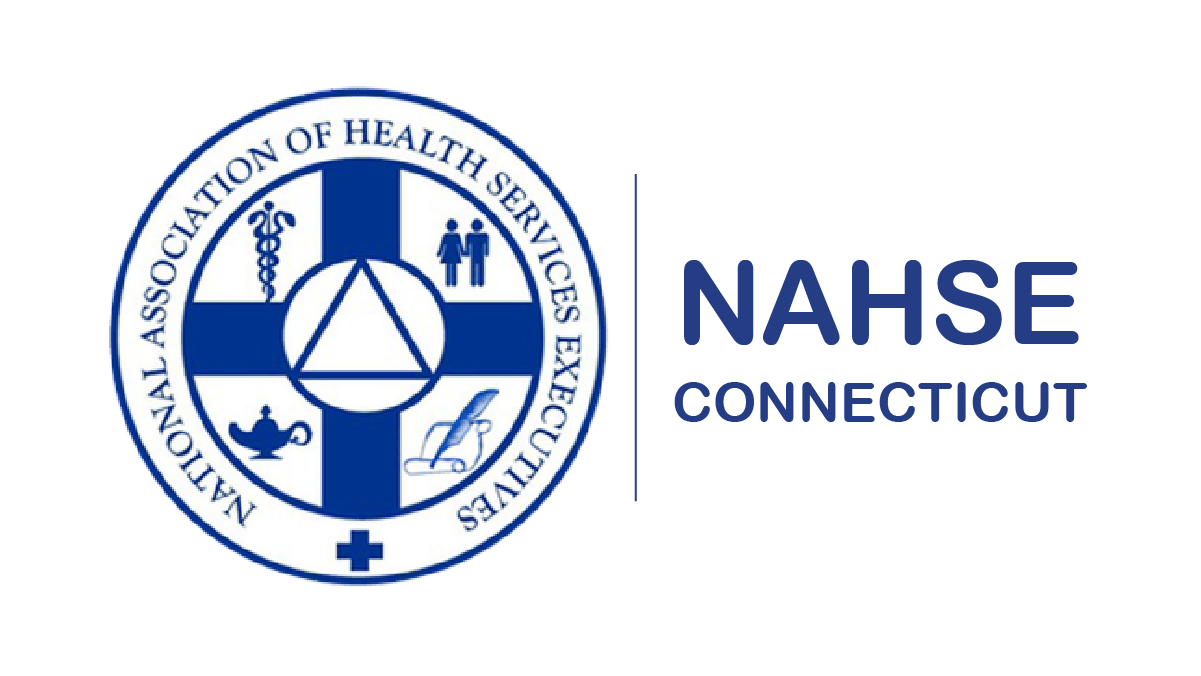OCTOBER 2020: LIBERTY & REPRODUCTIVE JUSTICE FOR ALL
Simileoluwa Falako is a first-year MPH candidate at the Yale School of Public Health and a recent graduate of Harvard College. Currently, she is the finance director for Women of Color for Maternal and Child Health, which works to facilitate interdisciplinary dialogue about reproductive, health, and racial justice. Additionally, she has extensive experience in obesity and cardiovascular disease research. Her passion is utilizing science and medicine to improve the lives of minority communities through education and community initiatives.
Fight for Us: The Case for Better Accountability for Black Women in Healthcare
When it comes to the long history of reproductive achievements in American history, we seldom hear the names of Black women that were integral in its development. For example, Anarcha Westcott, an enslaved woman living in Alabama, was frequently experimented on (without anesthesia) by J. Marion Sims, who is considered the 'father of modern gynecology.' Despite her considerable contributions to the development of treatment for vesicovaginal fistulas, her name was rarely mentioned by Sims and is hardly ever recognized among the medical community. Unfortunately, this instance of exploitation was not unique to 1845. Throughout history, Black women have been subjected to unfair and discriminatory treatment: from the 'Mississippi appendectomies' which continued until 1979 to crisis pregnancy centers, which prey on poor women and provide false statistics and information on abortion to shame women from exercising their right to choose. Even with the mounting evidence that Black women are disproportionately impacted in terms of elevated rates of maternal mortality, they are still ignored.
The differential treatment of Black women is a well-studied subject. As a student in public health and aspiring clinician, we often hear the barrage of statistics regarding racial health disparities, but I long for the day when these statistics change for the better. There is no new technology that is necessary to close the gap in healthcare access. Policymakers, clinicians, and other health professionals must work together to ensure the elevation of Black women's voices in the health system. Increased accountability on the part of health delivery systems as well as patient advocacy can help to transform the narrative and combat implicit biases in treatment. By regulating the quality of care to ensure that everyone receives equal treatment, we begin the process of rectifying the wrongs committed throughout history. The time to make a change is now.
References
Domonoske, Camila. "'Father Of Gynecology,' Who Experimented On Slaves, No Longer On Pedestal In NYC." NPR. April 17, 2018. Accessed Octiober 26, 2020. https://www.npr.org/sections/thetwo-way/2018/04/17/603163394/-father-of-gynecology-who-experimented-on-slaves-no-longer-on-pedestal-in-nyc.
Kluchin, Rebecca M. Fit to be tied: Sterilization and reproductive rights in America, 1950-1980. Rutgers University Press, 2011.
Prather, Cynthia, Taleria R. Fuller, William L. Jeffries IV, Khiya J. Marshall, A. Vyann Howell, Angela Belyue-Umole, and Winifred King. "Racism, African American women, and their sexual and reproductive health: a review of historical and contemporary evidence and implications for health equity." Health equity 2, no. 1 (2018): 249-259.
Associated Press. "Abortion Clinics and Crisis Pregnancy Centers Differ." U.S. News & World Report. August 26, 2018. Accessed October 26, 2020. https://www.usnews.com/news/healthiest-communities/articles/2018-08-26/abortion-clinics-and-crisis-pregnancy-centers-differ.

